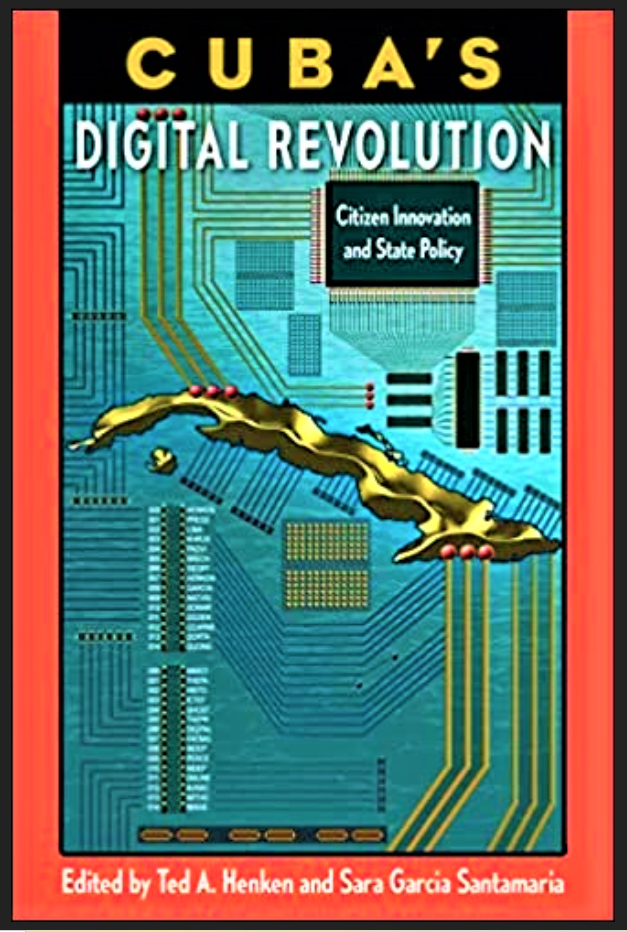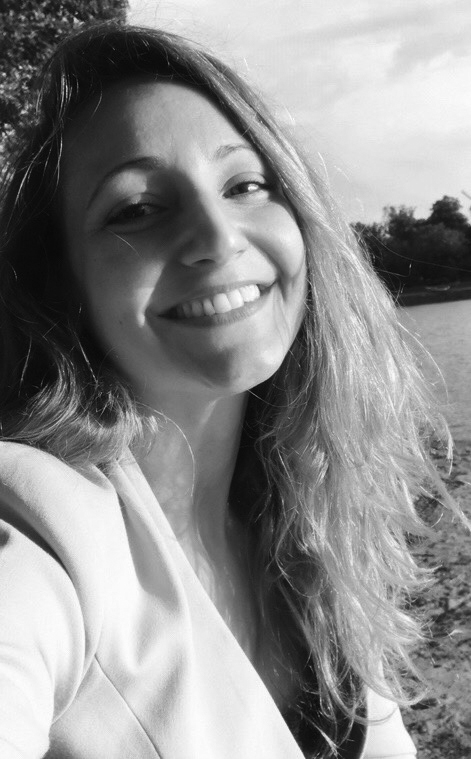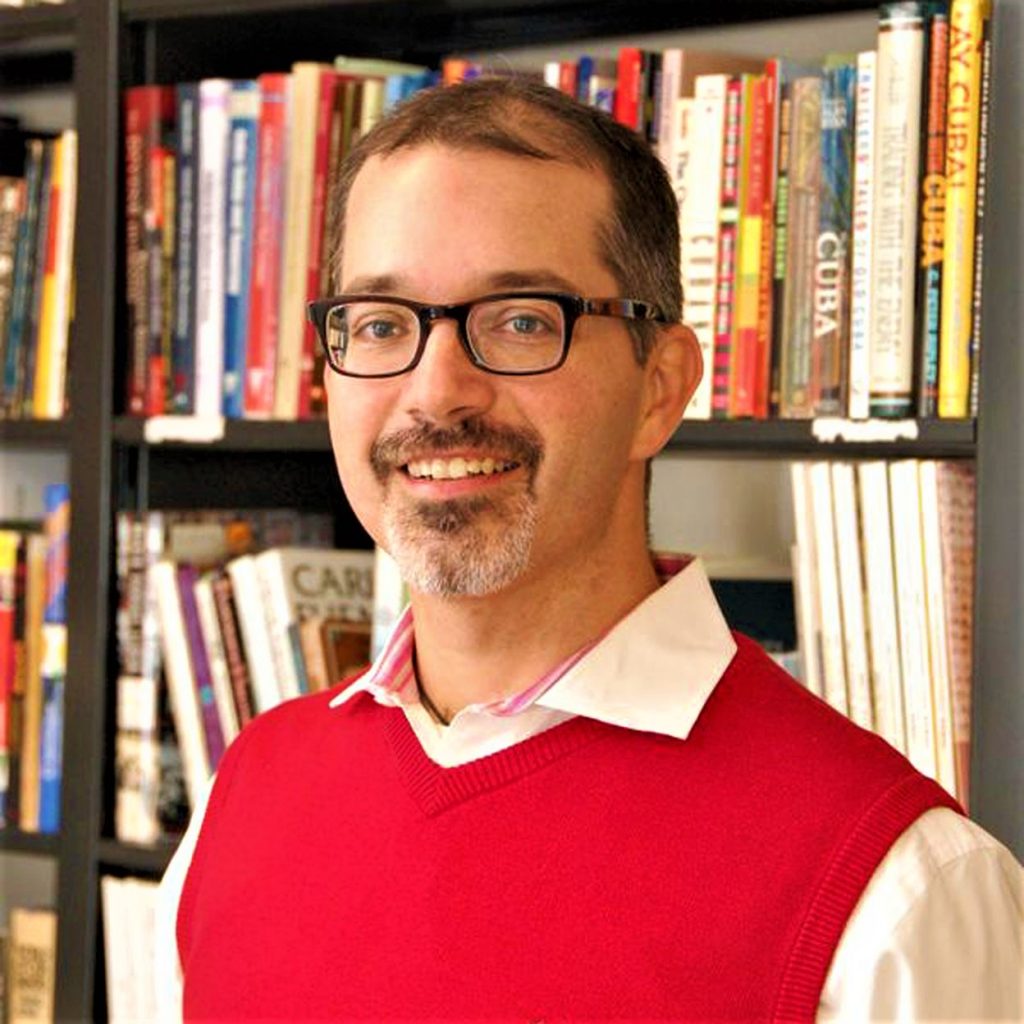In this month’s Meet the Investigators, Barbara Maseda tells of the challenges of finding data and documents in Cuba, a country where journalists are threatened and harassed and where information is kept hidden away.

By Sean McGoey
May 18, 2021
Original Article: Cracking the ‘Iron Wall’
The International Consortium of Investigative Journalists collaborates with hundreds of members across the world. Each of these journalists is among the best in his or her country and many have won national and global awards. Our monthly series, Meet the Investigators, highlights the work of these tireless journalists.
This month we speak with reporter Barbara Maseda, who is the director and founder of Proyecto Inventario, an open data initiative that helps journalists to find data and documents to support their reporting in Cuba, a country without transparency policies and with very poor internet access. Barbara shares valuable insights into what’s happening behind the “iron wall” that the regime has built around itself, and tells us that even though authorities actively intimidate Cuban journalists — even threatening their families — she believes it’s because the government is afraid of the power of their reporting.
Sean McGoey: Welcome back to the Meet the Investigators podcast from the International Consortium of Investigative Journalists. I’m your host, Sean McGoey, and I’m an editorial fellow here at ICIJ. This month, my guest is a journalist whose mission is to ensure that vital information is actually available to the public, even when the government tries to prevent that from happening.
Barbara Maseda: My name is Barbara Maseda. I’m a Cuban journalist. And I run a project called Inventario that works with data and information that is very hard to come by in a country as closed as Cuba.
McGoey: Here’s the rest of my interview with Barbara Maseda. What made you want to become an investigative journalist?
Maseda: When you grow up in a country where everything is a secret, it’s not very hard to want to uncover those types of truths that are not out there for you to get to know. When you see what our peers are accomplishing in other parts of the world, you wonder why you don’t have that in your country. And it makes you want to have that for your country, for your people.
McGoey: What are some of the challenges that journalists face trying to do their job in Cuba?
Maseda: What we had was this iron wall that was keeping the island completely isolated in terms of information from the outside world. This absolute control that the government used to have makes it very hard for journalists to have access to the bread and butter of our profession — sources who are going to give you information.
For starters, independent journalism that is not controlled by the government is illegal. You cannot register a news organization. You’re not going to be acknowledged as a reporter who wants access to a source. And if you have a whistleblower in another country, we do not have the culture or history or the condition for the emergence of this particular type of individual, who is going to give you access to something that you’re going to follow and turn into stories.
There are other countries where authoritarian regimes have a very tight grip [on] many things and treat journalists in a similar way. But I think that in the case of Cuba, it’s that the system is very cohesive, and there are no cracks in that system — or we’re starting to see some of those cracks now. It’s a problem that I think has been changing in the last few years with the emergence of the internet.
McGoey: So given those conditions that you describe, what was it like to study journalism in a country that seems to be fairly hostile to the profession?
Maseda: I did my undergraduate degree at the University of Havana, [in] the school of communication. So my degree officially says that I have a bachelor’s in journalism from a Cuban university.
But — and this happens a lot in the Cuban space — we have labels or terms that mean something very different outside of Cuba. So when you go to the school of journalism, you would expect the standard reporting skills that you learn anywhere else. And what really happens is that nobody ever tells you that your role as a journalist is to hold the Communist Party to account.
It’s the contrary, actually. You are trained to be a watchdog, but for the interests of the establishment. And if you never question any of that training, you’re gonna keep doing something for the rest of your life that is labeled as journalism, but that in practice is not working in the public interest — is not work that is holding the powerful to account.
What many people do, is you go outside of the Cuban borders and you try to get some training, or you try to get inspired by the work of others. After you spend so much time isolated, getting exposed to that kind of work can be really powerful.

Inventario’s map of clashes between police and protesters in Havana.





